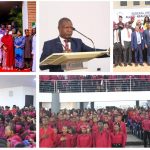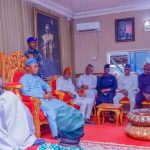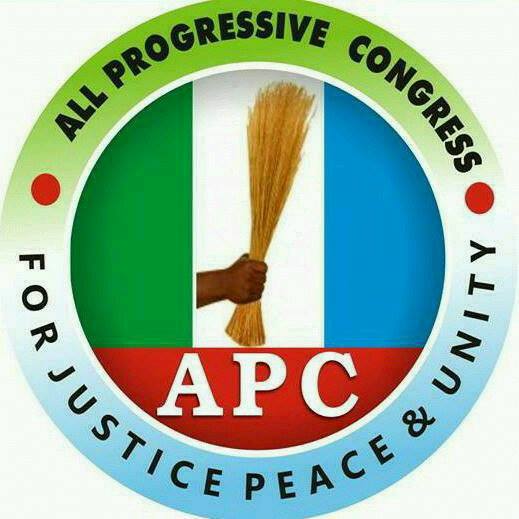Why the Rush? Kogi APC’s Premature Council Screening Raises More Questions Than Answers
By Youth Vanguard
The decision by the All Progressives Congress (APC) in Kogi State to roll out a full timetable for chairmanship and councillorship primaries—almost one year before the expiration of the current councils’ tenure—has ignited controversy, confusion, and growing discontent within the party.
According to the timetable released by the party chairman, Hon. Abdullahi Bello, the sales of nomination forms begin on November 27, 2025, with primaries scheduled for December 6, 2025. All these are happening despite the fact that serving council officials—elected barely 13 months ago—still have an unexpired tenure stretching until October 2026, as stipulated by law.
For many political observers, the development raises questions that the party has yet to answer.
A Process Too Early, or a Plan Too Hidden?
The APC Youth Vanguard, a vocal advocacy group within the party, has been the first to openly challenge the move. In their view, the party’s actions are not just unusual—they are suspicious.
Local government chairmen and councillors constitutionally enjoy a 24-month tenure. With 11 months still left before the current officials serve out their term, the party’s hurried effort to conduct screenings, compile names, and prepare for primaries suggests something deeper than routine political planning.
Even more telling is the fact that stakeholders’ meetings and screening exercises were reportedly conducted across all 21 LGAs over the weekend, catching many party members unawares and sparking palpable tension. For a ruling party that prides itself on internal unity, the move has done little to calm nerves.
The Politics Behind the Speed
Politics, especially at the grassroots level, is rarely straightforward. But even by Nigerian standards, the timing appears questionable.
Why begin the process so early?
What agenda is being pursued?
Who stands to benefit from an accelerated cycle that undermines the mandate of sitting officials?
The Youth Vanguard alleges that some powerful forces within the party may be plotting to impose preferred candidates ahead of future political alignments. Whether or not this is true, what is clear is that the optics are bad. APC, at both the state and local levels, cannot afford to be seen as destabilizing its own grassroots structure.
Local government politics remains the heartbeat of the party’s influence in rural communities. Any attempt—real or perceived—to prematurely displace elected officials risks fracturing the very base upon which electoral victory depends.
A Threat to Party Unity
Political crises rarely begin with thunder; they simmer quietly before exploding. The anger expressed by party loyalists, as highlighted by the advocacy group, should not be dismissed lightly.
When grassroots members feel sidelined or manipulated, resentment grows. And when resentment grows, unity becomes fragile.
If this process continues unchecked, APC may find itself battling more than just an internal misunderstanding—it could be confronting a full-blown crisis that jeopardizes its cohesiveness ahead of future elections.
Governor Ododo’s Role
The Youth Vanguard has called on Governor Ahmed Usman Ododo to intervene. And rightly so. As leader of the party in the state, his voice and actions carry the weight needed to restore balance.
The governor must ask the hard questions:
Is the timetable aligned with KOSIEC’s official schedule?
Does it respect the tenure of serving officials?
Does it serve the best interest of party unity?
If the process is indeed premature, stopping it now may prevent deeper and more destructive rifts later.
A Necessary Rethink
Beyond the immediate political drama, this episode offers the APC in Kogi a chance for introspection. Democratic institutions are strengthened when political actors respect due process and the rule of law.
It is not enough to win elections; a party must also preserve internal trust. The legitimacy enjoyed by the current local government officials should not be eroded by actions that appear rushed or politically engineered.
Until the APC leadership offers a clear explanation, the question posed by the Youth Vanguard will continue to linger:
Why the rush?
And unless these concerns are addressed with transparency and fairness, the party risks damaging the very unity it claims to protect.












